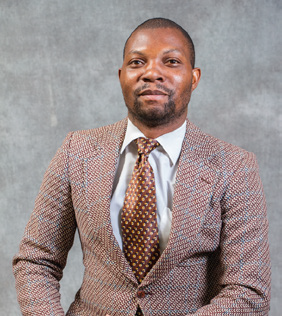Buildings are some of the biggest consumers of energy and natural resources in different parts of the world. Materials used in the construction of the buildings, operation and maintenance of buildings all have an interaction with the environment. From the extraction of sand, mining of iron, processing of steel, production of glass, usage of chemicals for painting, energy consumption during the operation of the building and water consumption by the occupants – buildings have a significant impact on the environment. If this is not managed, it is very clear that development of the world’s economy will be littered with scars on our mother earth.
Green Building technologies have emerged as a panacea to the ecological impact of buildings. Green buildings are deliberately designed in a manner that ensures that there is a saving of natural resources. Some buildings are designed with an open plan that ensures that direct sunlight gets into the buildings, thereby minimising the need for artificial lighting. Reduction in artificial lighting saves energy and reduce Greenhouse Gas Emissions. Due to the fact that green buildings save electricity, there is a significant financial saving as well.
Biomimicry is also implemented in selected buildings so that they imitate the marvels of nature in a manner which saves resources. The Eastgate Building in Harare has been designed in a manner that adopts biomimicry and uses significantly less energy than a building of its size. The passive cooling systems and natural lighting ensure that the carbon footprint of the building is greatly reduced.
Globally, more green buildings are being developed in different parts of the world including a range of the following innovative systems
- Buildings with natural lighting systems
- Buildings with renewable energy technologies (solar, wind etc)
- Buildings which adopt rainwater harvesting
- Buildings which use environmentally friendly materials for their construction
- Buildings which have environmentally sound management of waste infrastructure
- Buildings which are water efficient
Sustainability of buildings can reach a stage where buildings are certified to international standards. Globally, there is an international standard called Leadership in Energy and Environmental Design (LEED). The LEED is a global rating system for buildings. This initiative was developed by the United States Green Building Council. In different parts of the world including Zimbabwe, there is also the emergence of Green Building Councils. These stakeholders continue to play a leading role in promoting green building technologies in both developed and developing countries.
Author
-

Tawanda Collins Muzamwese is the Editor in Chief of the Green Business Gazette Magazine. He is is an international consultant in sustainable business development with massive experience in training, consulting and auditing. He has facilitated capacity development in more than 100 enterprises drawn from over 30 countries. He is the founder of the sustainability think-tank called Toxiconsol Consultancy t/a African Sustainability Consultants. He is the Editor in Chief of the Green Business Gazette Magazine. He is a consultant and business coach with over 13 years experience. Tawanda is a Management Systems Consultant working on promoting development and implementation of ISO Standards (ISO 14001:2015, ISO 9001:2015 and ISO 45001:2018) in both developed and developing countries. With his inspirational and pragmatic writing style he has written cutting edge books including: 1) How to grow a Side-hustle into a viable business - Overcome Salary Dependency 2) The Leading Consultant: How become an authority in your professional field 3) Step-by-Step Guide to implementing Safety, Health, Environment and Quality Management Systems 4) Stepping on Higher Perspectives: Greatness Tips Motivational Series 5) Sustainability Guidebook for Boards and CEOs: Leading from the front Tawanda writes about sustainability, motivation, safety, health, environment and quality management. His books are relevant to both developed and developing countries. With practical approaches and case studies, he provides incisive insights into entrepreneurship. His philosophy is based on the premise that every human being has potential to make a significant difference in their lifetime. He writes books on taking personal responsibility for progression in life. He motivates entrepreneurs to implement income generating projects and determine their own financial destiny. He also motivates companies to take up sustainability initiatives. A start-up coach, public speaker, environmentalist, safety, health and quality management expert, Muzamwese bridges the gap between theory and practice through building capacity and sharing practical case studies in his books.
View all posts



